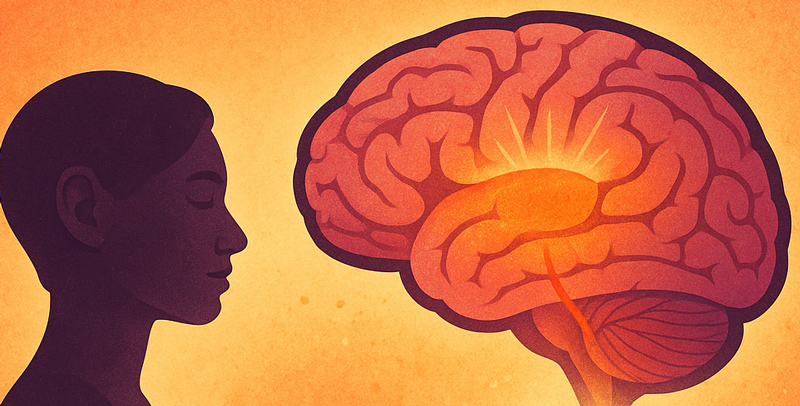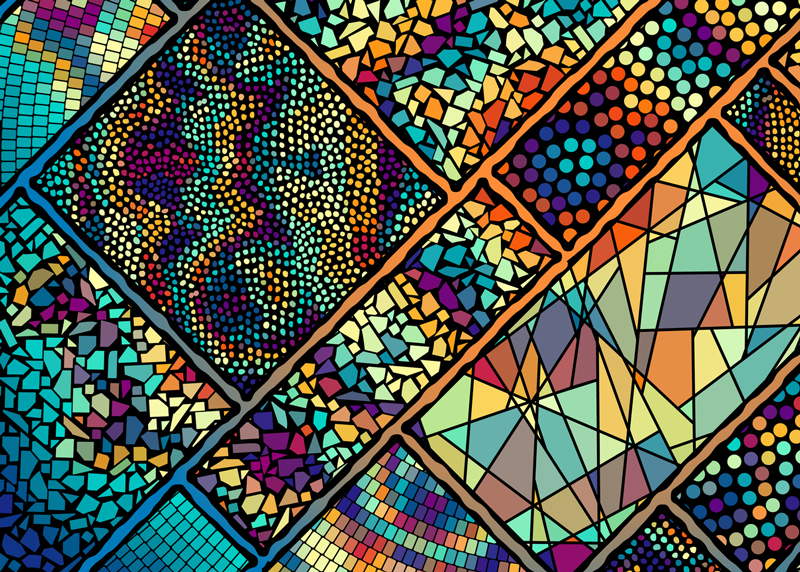
Challenge Check-In Day #18
December 18, 2020
Week One of the Challenge
May 9, 2021by Karen Andersen
“As is the breath, so is the mind.” ~Haṭha Yoga Pradīpikā
With all the moving parts of our inner being and outer world, a teaching can be relevant in a different way on any given day. The transformative power of breathing, and its effect on our experience of body and mind, has shown up for me more conspicuously than ever lately. Every time I take off my mask, I feel my body spontaneously draw in a slow, deep inhalation, and in the next moment, I feel more free, and grateful for many things.
Though it’s an age-old teaching in yoga (and common knowledge in contemporary wellness practices) that the effects of the breath diffuse into many levels of our being, it never fails to deliver an “ah-HAH” moment when it is experienced firsthand.
In yoga, the breath is one of the principle ways we influence our “feeling of being”. The ever-changing field of experience, what I know to be “me” in a given moment, is called the subtle body, which includes physical sensations, energetic states, emotions, and thoughts. The movements of embodied feelings are called vayus (winds) of prana (life energy), and the movements of the mind are called vrittis (turnings) of citta (the mind). If you sit still, close your eyes, and take a few deep breaths, you can sense a constantly changing landscape of feelings and thoughts, of body and mind. It’s not really that esoteric, it’s just what it feels like to be you, showing up in an original way from moment to moment.
So back to the breath. Breathing is a special process because it can be unconsciously or consciously regulated. Though we usually breathe automatically, conscious breathing has a widespread effect on us physically, mentally, and on our overall experience (i.e. the subtle body). When you breathe in a particular way and control the movement of your diaphragm, the vagus nerve is either activated (while exhaling or breathing slowly) or inhibited (while inhaling or breathing rapidly), inciting a relaxing or stimulating response, respectively, in the nervous system. This changes our heart rate, blood pressure, digestion, and many other bodily processes. The vagus nerve is a cranial nerve, it provides a two-way communication pathway between the brain and visceral organs. Therefore, the vagus nerve affects not just our bodily processes, but our state of mind. Research is actively uncovering profound and practical insights about the role of the vagus nerve in affecting mood, attention, memory, anxiety and depression.
So back to the breath (again). As a student of yoga, you can feel the effects of breathing without the scientific know-how: simply by removing obvious distractions, becoming still in your body, and turning your attention to the breath. We often call this “centering”, it’s something we usually do at the beginning of a yoga practice to create a buffer between the pressures of life and the experience before us. The next time you come to your mat, pay special attention to the transitioning effects that the breath creates. And when you move through a series of yoga postures, what is it like to breath consciously throughout the practice? How is your mind? How attuned are you to the feelings in your body? What does the passage of time feel like? And then … what is it like to do the same movements but have no idea what’s happening with your breath? Which is more grounding? In which state to you feel more embodied, and present in this moment?
Bows,
Karen and Chris





